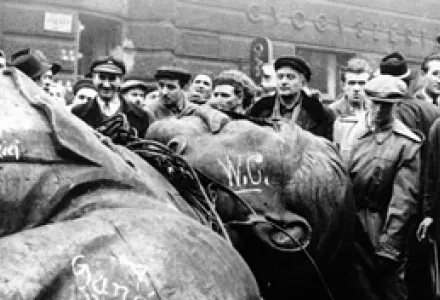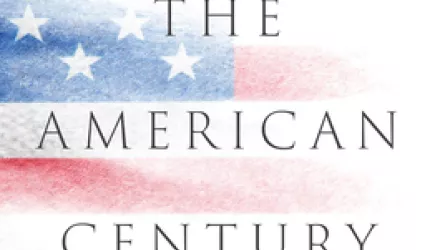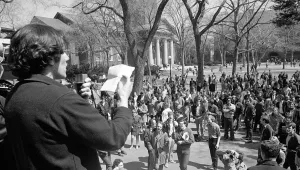Making Friends Out of Foes: The Logic of Foreign-Imposed Regime Change
The U.S. wars in Iraq and Afghanistan are part of a long history of attempts by major powers to impose regimes on militarily weak states. That the strong should target the weak has largely gone unquestioned by scholars, who assume that militarily weak states suffer regime change most, because they can do little to stop it. But if a major power can easily topple a weak regime, then it stands to reason that the regime would accommodate the major power, long before a confrontation can develop. The central puzzle of foreign-imposed regime change is therefore that asymmetric power makes it possible, but it should also make it unnecessary.
Everyone is welcome, but admittance will be on a first come–first served basis.




